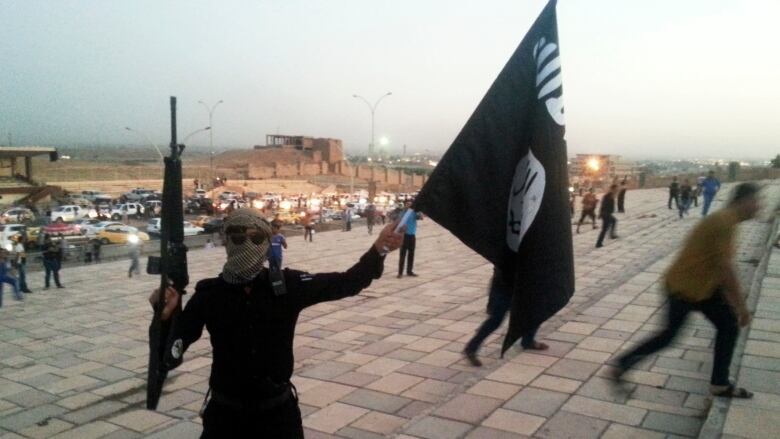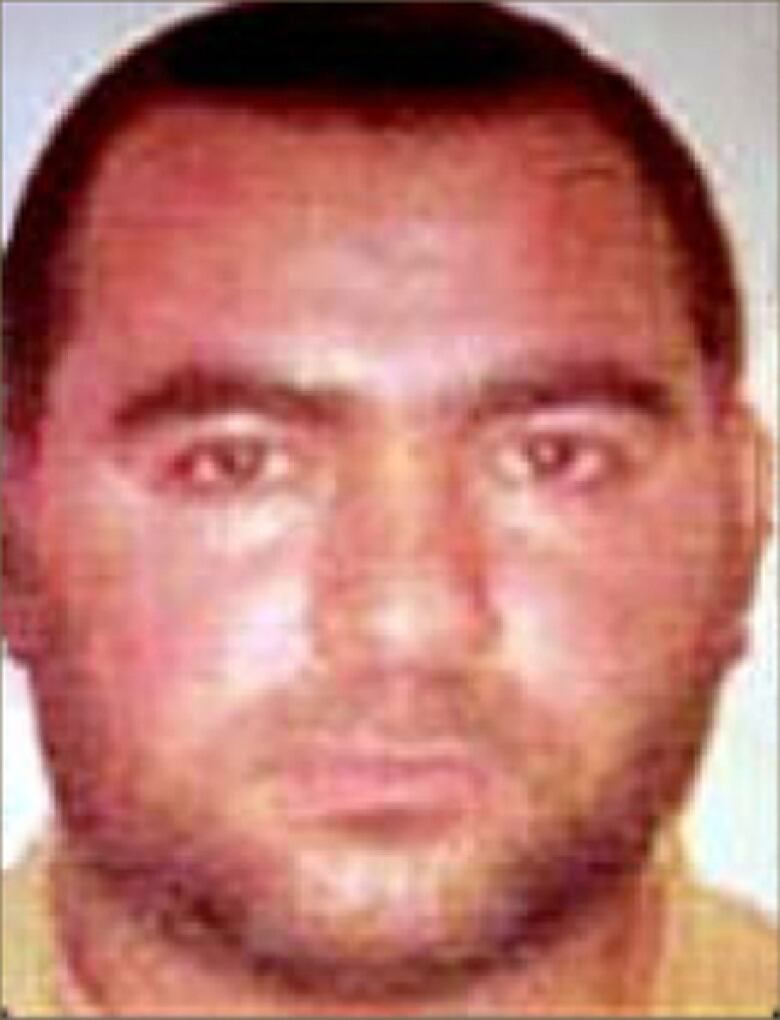ISIS in Iraq: What is a caliphate?
Iraqi jihadists announce establishment of new Islamic state

When the jihadists within the Islamic State in Iraq and Syria (ISIS) declared a caliphate, or new Islamic state, covering a large swath of territory in the two countries, they were reintroducing a political and theological concept that dates back to the time of the Prophet Muhammad.
Here's a look at the concept, the complexities of understanding it today and the potential observers consider ithas for finding legitimacy outside the ISIS leadership.
- Iraq fighting rages after Sunni militants declare caliphate
- ISIS: 5 things to know
- ISIS in Iraq: Key players in the conflict
What is a caliphate?

"He was a prophet and he was also a political leader. So the idea of the caliphate was born on that basis," says Noomane Raboudi, an assistant professor in the school of political studies at the University of Ottawa.
Four people known as caliphs succeeded Muhammad.
Chosen by "shura" or consultation among Muslims Abu Bakr, Omar, Othman and Ali led the community in its dramatic expansion from the Arabian Peninsula to rule over North Africa and the Middle East.
When was the last caliphate?
There have been various caliphates ruling in areas ranging from Morocco to Central Asia, but the most recent one was the Ottoman Empire.
It was abolished in 1924 by Mustafa Kemal Ataturk, the first president of the Republic of Turkey, who removed the last caliph, Abdulmecid.
After the abolition of the Ottoman Empire, "the so-called nation-state concept, which is a European innovation, was imported into the Middle East," says Houchang Hassan-Yari, a political science professor at the Royal Military College of Canada in Kingston, Ont.
Can someone declare a caliphate?
"They can call it caliphate. They can call it something else," says Hassan-Yari. "Since they are in control of a territory, they command the territory, the people living on that territory."
Hannan-Yari says ISIS will offer a "very austere reading of the situation."
"To them it means practically imposing, or exercising as they would like to say, this Islamic value, Islamic law, the Shariah and so forth, based on their understanding of what those terms mean."
Is it legitimate?
It all depends on who is answering that question. For the jihadists who made the declaration, the answer is obvious.
"It's legitimate as far as they concerned, because they are the source of legitimacy themselves. They decide what is legitimate and what is not," says Hassan-Yari.
"In other words, they are not going to ask other countries to recognize their existence."
But there is also the sense that the declaration is intended to send a message.
"I think it's more bluster than reality," Fawaz Gerges, a professor of international relations at the London School of Economics, told the BBC.
ISIS has been using social media and observers also see the term "caliphate" being deployed on that battlefront.
"This old-new political-religious entity has been given its own hashtag, #CaliphateRestored a potent weapon in a digital propaganda war," Ian Black, the Middle East editor for the Guardian newspaper, wrote Monday.
Will the caliphate find support?
Some observers are doubtful.
"At this point I cannot imagine any existing Muslim or majority-Muslim country would recognize the existence of a state, of such a caliphate, because it poses a real threat to everybody,"saysHassan-Yari
Others do see a potential for the caliphate finding favour elsewhere.
"I think there is the capacity for expanded support," Aymenn al-Tamimi, an expert on ISIS, told the Guardian.
"There was already a pro-ISIStrend in Gaza and Sinai and from Ansar al-Sharia in Libya and Tunisia. This declaration will reinforce that trend. This is unprecedented even if it was predictable."
Is the idea of a caliphate unique to ISIS?
No.
Nearly all Sunni political Islamist movements dream of the eventual resurrection of the caliphate, most by political means, though jihadi groups call for establishing it by violence.
It has been the ultimate ambition of al-Qaeda, but while its late leader Osama bin Laden could once claim leadership of the international jihadi movement, he never went so far as to declare himself caliph.
Is there more at stake than theology and politics?
Raboudi, of the University of Ottawa, says yes.
There are social and economic issues involved, he says.
And he cautions against trying to understand what is happening in the region from a Western perspective.
"Weshould not use the political science of the Western mind, which was created to understand the national state in the Western society, to understand" what is going on there, he says.
"It's extremely complicated."
With files from The Associated Press












_(720p).jpg)


 OFFICIAL HD MUSIC VIDEO.jpg)
.jpg)



























































































